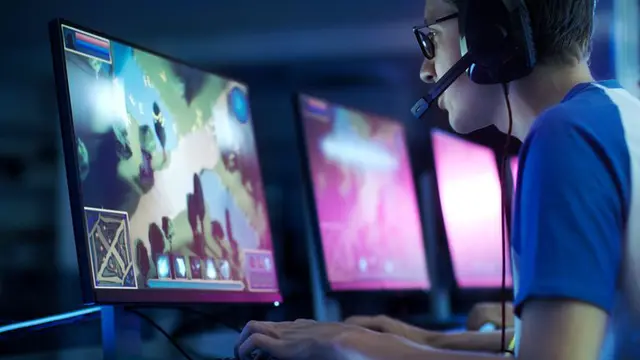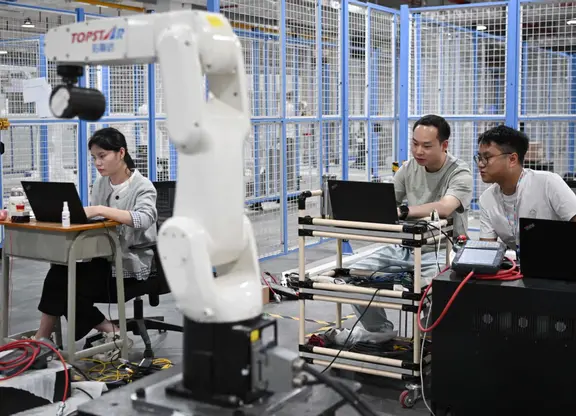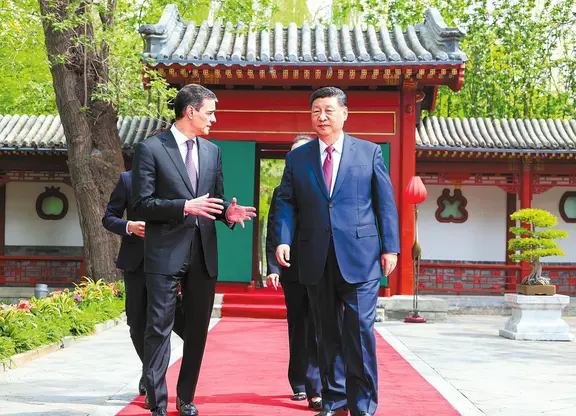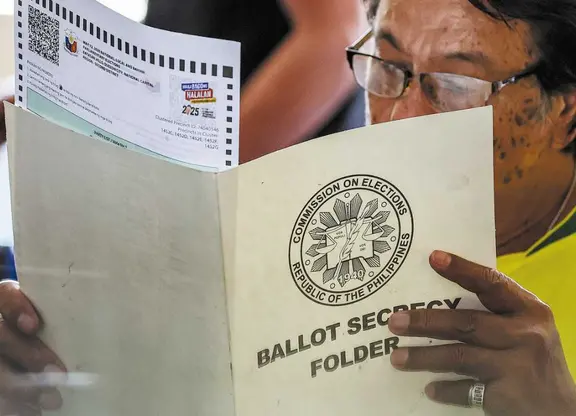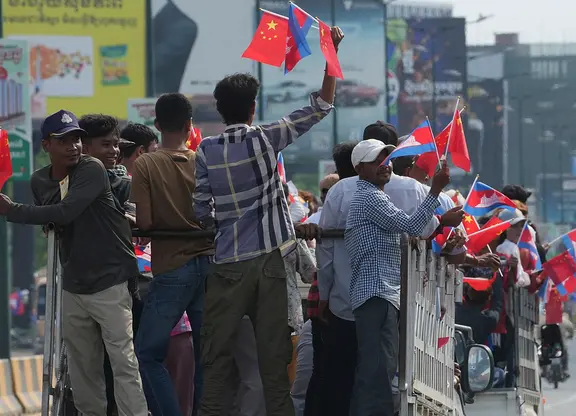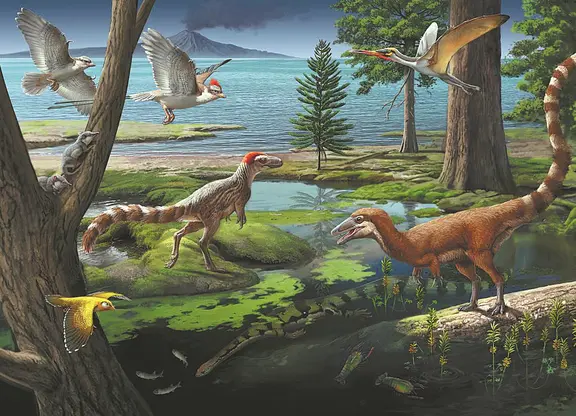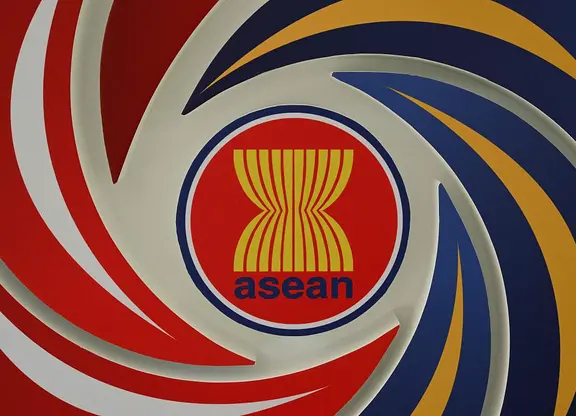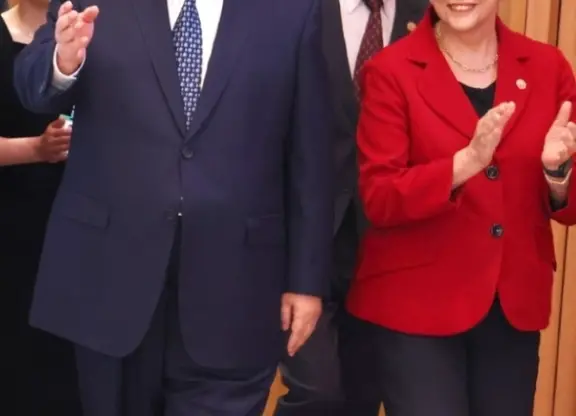Playing computer games helps to improve children's literacy and offers benefits to their overall wellbeing, a study has found.
A survey of 4,626 young people aged 11 to 16 in the UK found the games offer a route into reading and encourage creativity through writing, according to the research by the National Literacy Trust.
Their study found almost three quarters (73%) of reluctant readers say playing video games helps them feel like they are part of a story, while two-thirds (65%) say video games help them imagine being someone else - suggesting potential benefits for empathy.
Many young people said that playing video games helped them either deal with, or escape from, stress and difficult emotions, and most parents said communicating with friends through video games during lockdown has been particularly helpful for their child's mental wellbeing.
More than half (56%) of parents said their child had chatted with family and friends as part of playing a video game during lockdown, and 3 in 5 (60%) felt that this communication had been helpful for their child's mental wellbeing during this time.

Image:The research found playing computer games can offer a route into reading
Jonathan Douglas, chief executive of the National Literacy Trust, said: "This research absolutely suggests that mechanisms that young people themselves already enjoy are the best ways to get them into the wider pattern of reading and writing.
"It's exciting to uncover the opportunities that video game playing can provide for young people to engage in reading, stimulate creativity through writing, enhance communication with friends and family, and support empathy and wellbeing."
Mr Douglas added: "COVID-19 has significantly disrupted young people's literacy and learning in recent months, and we want to ensure that no stone is left unturned when it comes to identifying new and innovative ways to support children's literacy when they return to school in September."
Gaming journalist Andy Robertson said video games helped his son connect with others around the world.
He added: "The more they played, the more I realised there's more going on here than just entertainment. My son made some new friends in different countries so he could talk to them and ask "What's it like in France? What's it like in Germany?" It had a great role in broadening their perspective."
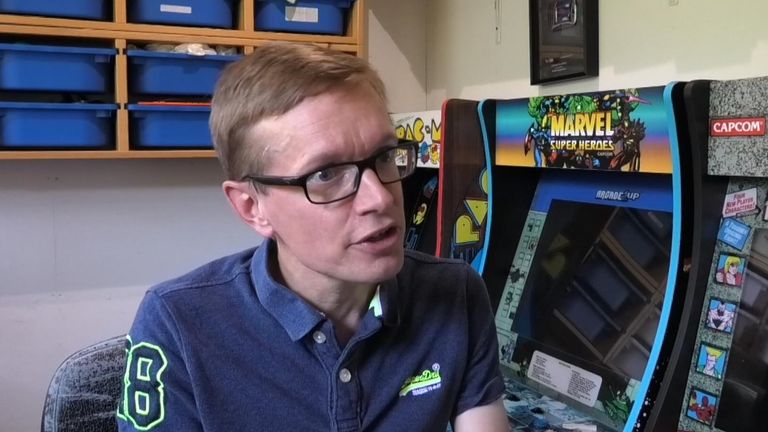
Image:Andy Robertson said video games helped his son connect with others around the world
The benefits were found to be strongest for boys and reluctant readers.
Rhianna Pratchett, who has worked on the games Tomb Raider and Mirror's Edge, says the results are expected.
She added: "Video games transport us into new worlds, new experiences and make us feel part of the story like no other medium. It's no surprise to see that young people's engagement with video games is at an all-time high."
The research was carried out as part of a new campaign from the National Literacy Trust, the Association of UK Interactive Entertainment (UKIE) and Penguin Random House Children's to explore the relationship between video games and literacy engagement amongst school children.
 简体中文
简体中文

